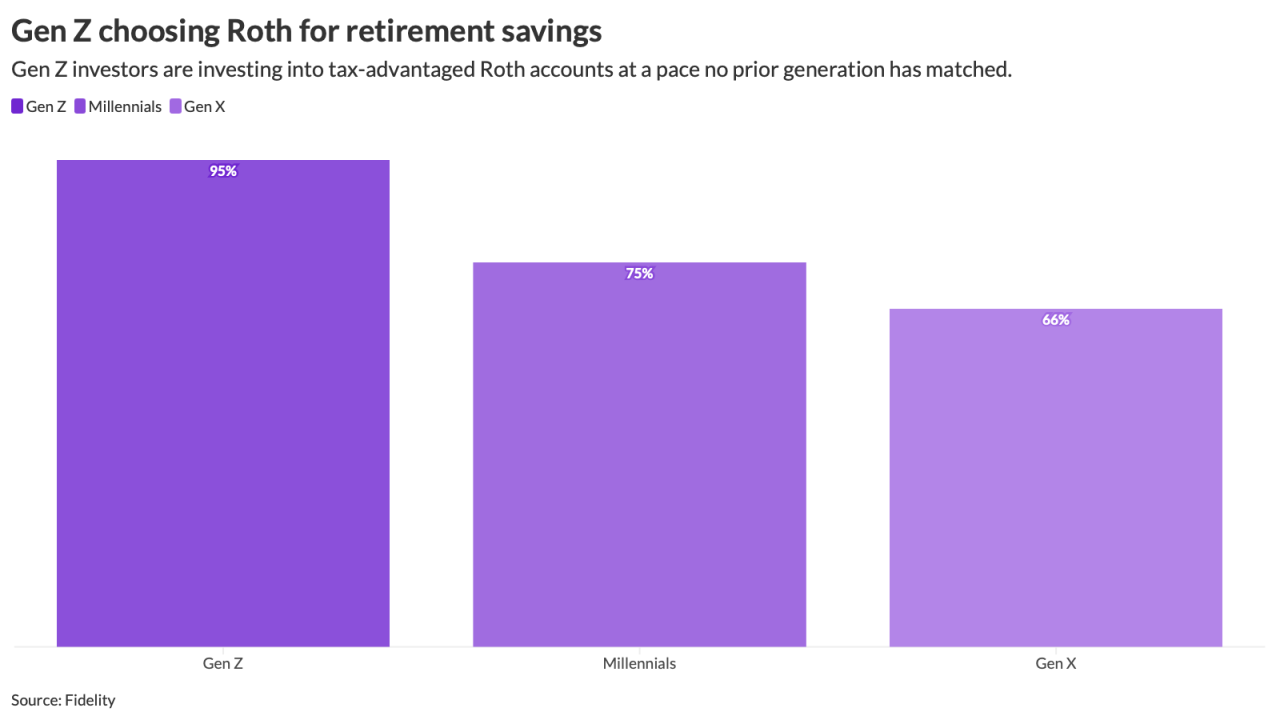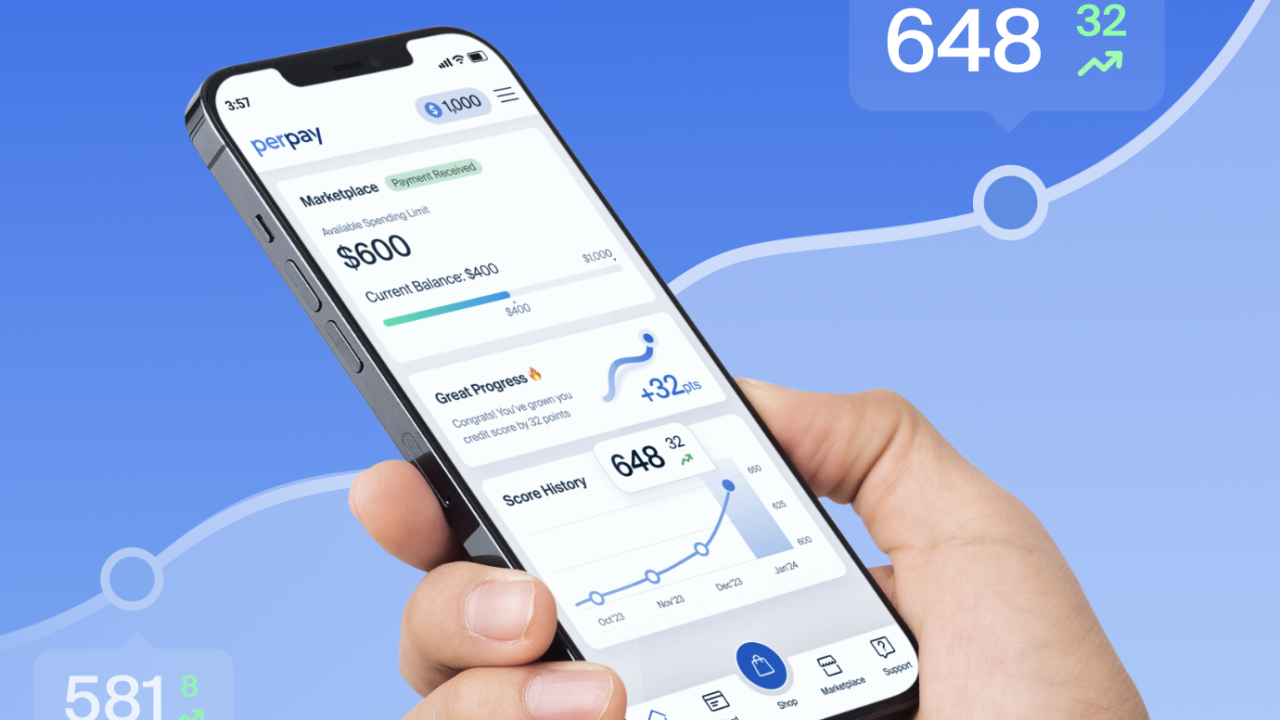About once a month or so, 62-year-old Alberta Merrill heads over to her local Kroger store to have a chat with her pharmacist about her Type 2 diabetes and high blood pressure. As a retiree with the City of Cincinnati, she's eligible for the city's health coaching program. It is offered in partnership with Kroger, which gives her deep discounts on medication copays as long as she sticks with the program.
"I was just amazed at the wealth of information that's been provided to me, plus the major prescription cost savings," she says. "I get all my blood pressure and testing supplies free, and any time I try a new prescription for diabetes or cholesterol, it would be free."
Results from a recent two-year pilot program conducted by Kroger show that emergency room visits, inpatient hospital visits and total health care costs can be dramatically reduced with the one-on-one coaching program.
The study was a collaboration among the City of Cincinnati, Kroger and health insurance plan provider Anthem Blue Cross Blue Shield of Ohio. Kroger pharmacists served as health coaches. More than 600 city employees and retirees were recruited into one of two programs: Heart Healthy Coaching or Diabetes Coaching. Each participant was paired with a Kroger pharmacist to assess medication adherence and laboratory measures that affect disease management.
In addition, program participants could meet with a nutritionist, who would then walk the store with the participant, teach them how to read food labels and how to make healthier choices.
"The nutritionist showed me how to read the fat content, fiber content," says Merrill. "She tried to make it not so complicated and gave me a pretty good understanding. It was just invaluable, that grocery store tour."
Program results
When compared to the control group, the study showed statistically significant increases in not only medication adherence, but also medication management. In both coaching programs, systolic blood pressure - the maximum pressure - dropped more than 4%. "From a risk reduction standpoint, just a 2% decrease in systolic blood pressure can equate to a 10% reduction in stroke death," says Frannie McGowan, Pharm.D., Kroger's clinical development manager.
Patients in the Heart Healthy Coaching program saw ER visits reduced by nearly 40%, compared to a decrease by 16% within the control group. Individuals who participated in the Diabetes Coaching program saw a nearly 90% drop in cardiovascular-related ER visits, compared to the control group, whose visits increased more than 96% in the same time period. Moreover, cardiovascular-related total medical costs for diabetes patients who participated in the program only increased 11% year-over-year, compared to the nearly 300% jump in costs for those who did not participate in the program.
Patients were identified based on claims data, and then Kroger or the health plan sent a letter inviting the person to participate in the coaching program. The patient would then phone Kroger and set up an appointment. If patients elected not to enroll at all or came to a couple of visits but then stopped, they were unenrolled from the program and lost the benefit of the waived copays.
"You don't go for six months and then graduate," explains McGowan. "As long as the employer is contracted, the participants can stay in the program to keep their incentive."
The first visit - about an hour - is spent assessing the patient, going through their medical history, making sure the pharmacist knows all the medication the patient is taking and how. Then, it's a matter of setting goals.
"We will ask them what it is they want to work on," says McGowan. "We get the patient involved as early on in the process as possible. We're not here to tell them what to do. We are here to help guide them into making good decisions that will ultimately get them where they need to be from a control standpoint with their chronic condition."
Weight loss tends to be a common goal for many participants but the pharmacists can coach participants on everything from stress and depression to making healthy meals on a budget.
Merrill has been able to go off her diabetes medication. "If you go to the doctor, you are in and out so quick, and they don't take the time to talk to you and set goals," she says. "They wouldn't take the time to look at what you ate and how much you exercised. [The pharmacist] will review it and by doing that, you actually have to answer to someone."
And it's that face-to-face connection that drives participation, says Karen Alder, risk manager with the City of Cincinnati. "I think individuals are motivated, initially, by the waived copays for the diabetes and hypertensive drugs," she says. "Then, once they are in, most of them find the coaching to be a huge part of it. You have to go, meet regularly and report back, which keeps you honest and on track."
McGowan agrees. People will often ask her what the difference is between telephonic coaching and face-to-face coaching, "and a lot of that is just what patients don't say," she says. "You can't really tell if the patient started smoking again, over the phone, but if they walk in you can smell it. There are things that you can tell that are nonverbal that you certainly can't tell over the phone." Moreover, she adds: "You can't take labs over the phone [or] walk them through the grocery store and look at labels."
Kroger has rolled out the program to all 17 of its store operating divisions. The company is also exploring whether one-on-one coaching can affect other chronic diseases, such as asthma and chronic obstructive pulmonary disease.
The City of Cincinnati continues to offer the program to all employees and retirees, and is working on getting more financial data related to medical claims and pharmacy costs. Alder is encouraged that "things are definitely moving in the right direction."





